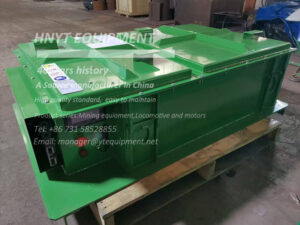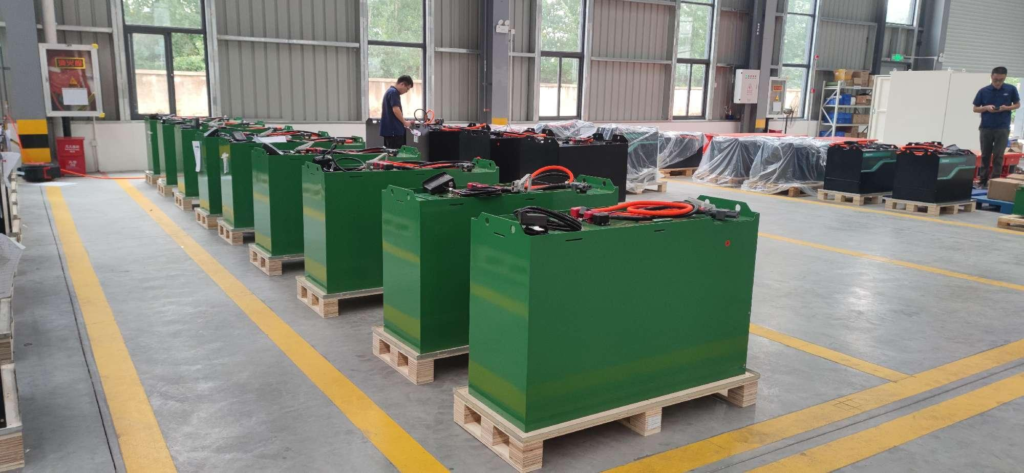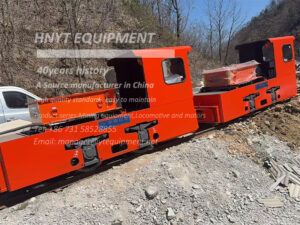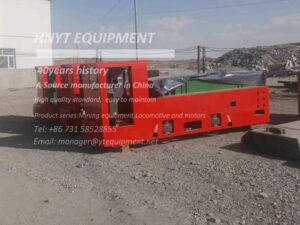
What Are the Key Advantages of Lithium Batteries?
What Are the Key Advantages of Lithium Batteries?
Lithium batteries have become the go-to energy source in various industries, from consumer electronics to electric vehicles and even heavy-duty machinery like mining equipment. Their popularity is due to a range of advantages that make them superior to traditional battery technologies. Let’s take a closer look at why lithium batteries are often the preferred choice for both commercial and industrial applications.
1. Longer Lifespan
One of the biggest advantages of lithium batteries is their longevity. Lithium-ion batteries typically last much longer than other types of batteries, such as lead-acid or nickel-cadmium. They can withstand more charge cycles, meaning they can last anywhere from 5 to 10 years, reducing the need for frequent replacements.
2. Higher Energy Density
Lithium batteries offer a high energy density, which means they can store more energy in a smaller, lighter package. This makes them ideal for applications where space and weight are crucial factors, such as in electric vehicles, drones, and portable electronics. The compact size also allows for more efficient use of space in equipment like mining locomotives or construction machinery.
3. Faster Charging Time
Lithium-ion batteries charge faster compared to traditional batteries. This is an essential feature for industries that rely on quick turnaround times, like electric vehicles or mining operations. With faster charging, lithium batteries can be put back into operation more quickly, increasing overall productivity and minimizing downtime.
4. Improved Safety
Lithium batteries are designed with safety in mind. They include built-in features like thermal management systems, overcharge protection, and voltage regulation to reduce the risk of overheating, short circuits, or fires. When properly maintained, lithium batteries are considered safer than older battery technologies, making them a more reliable option for high-performance applications.
5. Environmental Friendliness
Lithium-ion batteries are more environmentally friendly than their counterparts. They have a lower environmental impact due to their longer lifespan, fewer replacements, and lower risk of hazardous material leakage. Moreover, as technology progresses, recycling methods for lithium batteries continue to improve, helping reduce their overall environmental footprint.
6. No Memory Effect
Unlike some older battery types, such as nickel-cadmium, lithium-ion batteries do not suffer from memory effect. This means that you don’t have to fully discharge them before recharging, giving you more flexibility in usage without degrading battery life. This is especially useful in applications like electric vehicles or mining equipment, where partial charging is often necessary.
7. Lightweight and Compact
Lithium-ion batteries are lightweight compared to traditional battery types. This makes them ideal for applications where weight is a key consideration, such as in portable devices or mobile machinery. The compact nature also allows for better design flexibility, enabling manufacturers to create smaller, more efficient machines.
Lithium batteries offer a range of benefits, from longer lifespans and faster charging times to higher energy density and improved safety. As the demand for more efficient, reliable, and eco-friendly energy sources continues to grow, lithium batteries will remain at the forefront of modern technology. Whether for consumer gadgets or industrial machinery, these batteries are revolutionizing the way we store and use energy.






